
Gweru: The Heartbeat of Zimbabwe
Gweru, often referred to as the 'City of Progress,' is a captivating blend of history, culture, and natural beauty. Located in the central part of Zimbabwe, Gweru serves as a vital hub connecting the northern and southern parts of the country. Its central location makes it a perfect stop for travelers exploring Zimbabwe. As you wander through Gweru, you'll be charmed by its colonial architecture and welcoming atmosphere. The city boasts a variety of attractions, from the tranquil botanical gardens to the bustling marketplaces. Gweru is also home to the renowned Antelope Park, where you can experience thrilling wildlife encounters, including lion walks and elephant rides. The city's rich history is evident in its preserved heritage sites, such as the Military Museum and the Great Zimbabwe National Monument nearby. Gweru's vibrant arts scene, local cuisine, and friendly residents make it an unforgettable destination for any traveler.
Local tips in Gweru
- Visit Antelope Park for unique wildlife experiences like lion walks and elephant rides.
- Explore the city's colonial architecture and heritage sites, including the Military Museum.
- Try local dishes at Gweru's vibrant marketplaces for an authentic Zimbabwean culinary experience.
- Take a day trip to the Great Zimbabwe National Monument, just a short drive from Gweru.
- Engage with locals to learn about the city's rich history and culture.
Gweru: The Heartbeat of Zimbabwe
Gweru, often referred to as the 'City of Progress,' is a captivating blend of history, culture, and natural beauty. Located in the central part of Zimbabwe, Gweru serves as a vital hub connecting the northern and southern parts of the country. Its central location makes it a perfect stop for travelers exploring Zimbabwe. As you wander through Gweru, you'll be charmed by its colonial architecture and welcoming atmosphere. The city boasts a variety of attractions, from the tranquil botanical gardens to the bustling marketplaces. Gweru is also home to the renowned Antelope Park, where you can experience thrilling wildlife encounters, including lion walks and elephant rides. The city's rich history is evident in its preserved heritage sites, such as the Military Museum and the Great Zimbabwe National Monument nearby. Gweru's vibrant arts scene, local cuisine, and friendly residents make it an unforgettable destination for any traveler.
When is the best time to go to Gweru?
Iconic landmarks you can’t miss
Antelope Park
Discover the beauty of African wildlife at Antelope Park, a premier safari destination in Zimbabwe offering unforgettable adventures and conservation experiences.
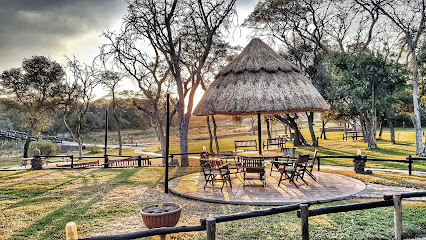
Steers
Experience the taste of Gweru at Steers, where locals and travelers enjoy mouthwatering hamburgers and fast food delights.
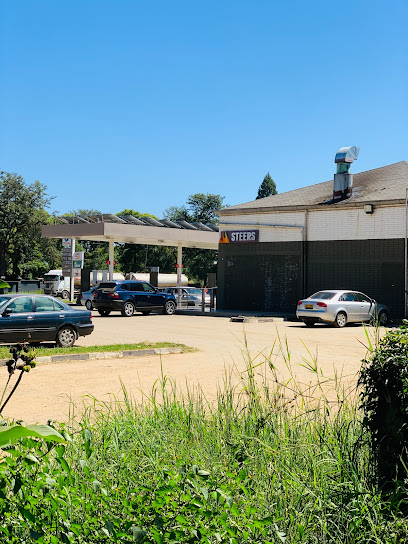
The Village Lodge
Experience comfort and convenience at The Village Lodge, Gweru's premier hotel and conference center, perfect for leisure and business travelers alike.
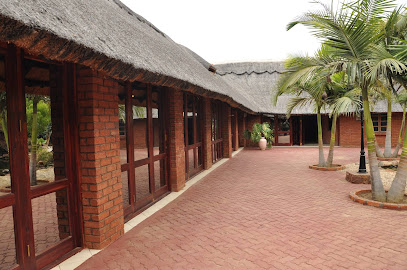
Regency Hotel Fairmile
Experience the perfect blend of comfort and culture at Regency Hotel Fairmile, your gateway to exploring the wonders of Gweru, Zimbabwe.

The Suburban Village
Discover the tranquil charm of The Suburban Village in Gweru, where comfort meets convenience in a picturesque setting, perfect for all types of travelers.
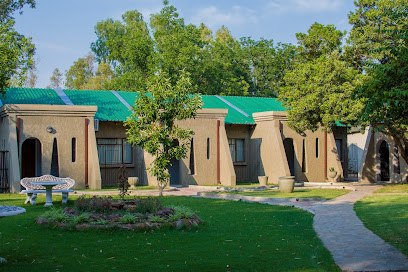
Midlands Hotel
Discover the Midlands Hotel in Gweru, where comfort meets convenience in the heart of Zimbabwe's vibrant city life.
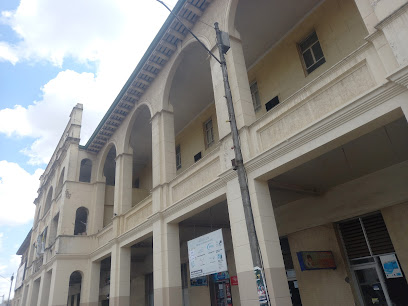
Bradley Gardens Lodge
Experience the perfect blend of comfort and nature at Bradley Gardens Lodge in Gweru, Zimbabwe, your serene escape for relaxation and adventure.
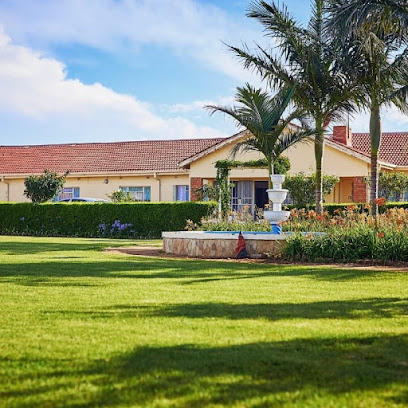
Club Excite
Experience the energetic nightlife at Club Excite in Gweru, where locals and tourists gather for unforgettable drinks and vibrant socializing.
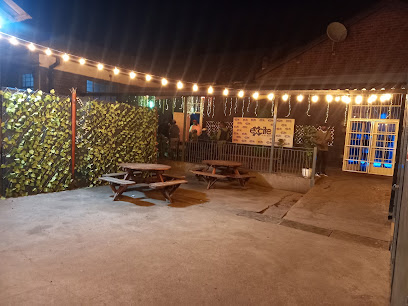
Mpumalanga Lodge Gweru
Experience the perfect blend of comfort, local cuisine, and event spaces at Mpumalanga Lodge, your ultimate retreat in Gweru, Zimbabwe.

LesVigo Restaurant - Gweru
Discover the flavors of Gweru at LesVigo Restaurant, where local cuisine meets modern culinary art in a warm and inviting setting.
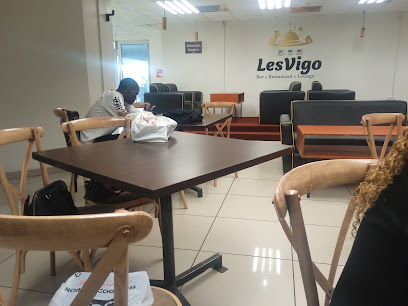
Kanyi Guest Corner
Experience comfort and warm hospitality at Kanyi Guest Corner, your cozy retreat in the heart of Gweru, Zimbabwe.
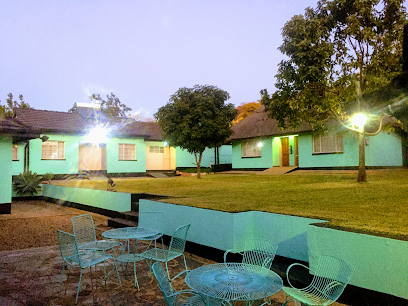
Baptist Conference Centre
Explore the serene Baptist Conference Centre in Gweru, Zimbabwe, where tranquility meets community in a beautiful natural setting.
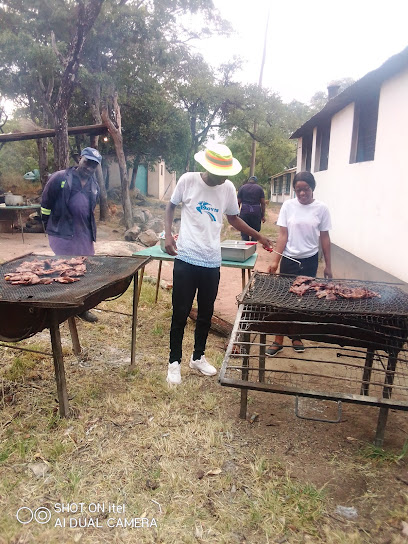
Eagles nest lodge
Discover the tranquility and charm of Eagles Nest Lodge in Gweru, where nature meets comfort in Zimbabwe's beautiful landscapes.
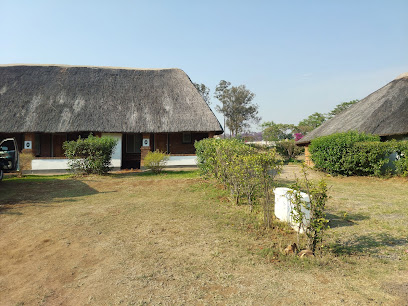
Suskwe Lodges
Discover the perfect blend of comfort and nature at Suskwe Lodges in Gweru, Zimbabwe, ideal for a relaxing getaway amidst scenic beauty.
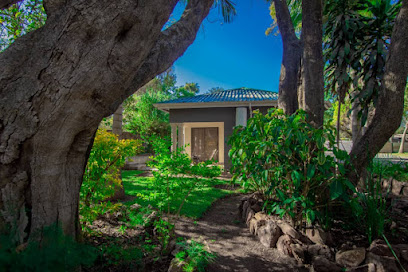
Gweru Military Aircraft Museum
Discover the fascinating world of aviation at the Gweru Military Aircraft Museum, showcasing Zimbabwe's military aircraft history and engineering marvels.
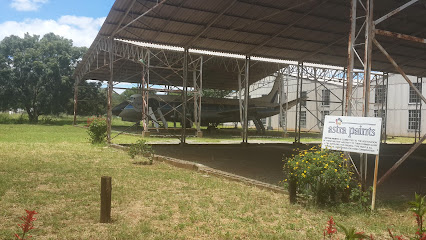
Unmissable attractions to see
Antelope Park
Discover the magic of wildlife at Antelope Park, a premier safari destination in Zimbabwe offering unforgettable animal interactions and stunning landscapes.
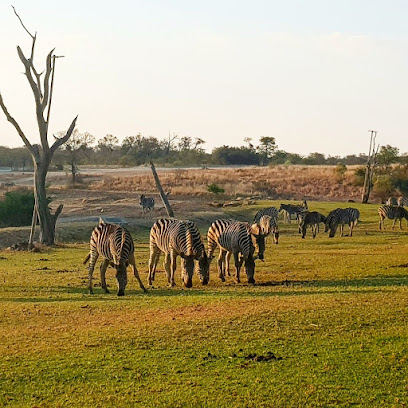
Gweru Military Aircraft Museum
Discover the Gweru Military Aircraft Museum, a fascinating destination showcasing historic aircraft and military artifacts in a family-friendly environment.
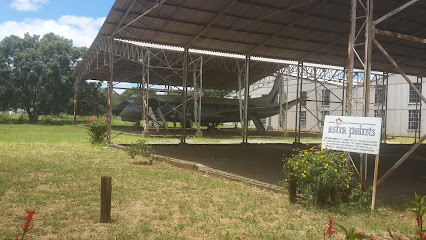
Proteus
Explore the lush landscapes of Proteus Park in Mkoba Township, a serene escape for nature lovers and relaxation seekers.
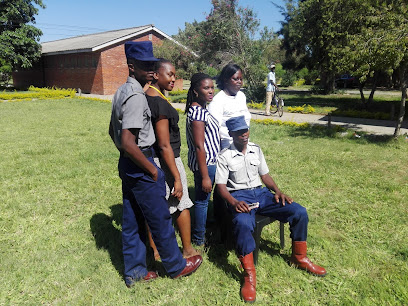
Gweru park
Explore Gweru Park, a serene haven in Zimbabwe, perfect for relaxation, picnics, and enjoying nature's beauty in the heart of Gweru.
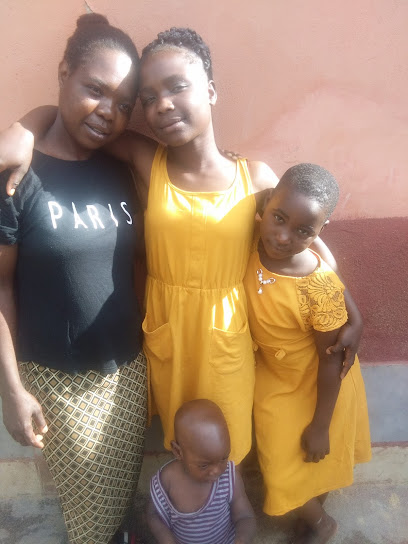
LionFeed, Antelope Park
Explore the wonders of LionFeed, Antelope Park in Gweru, Zimbabwe, where you can get up close and personal with majestic lions amidst stunning natural beauty.
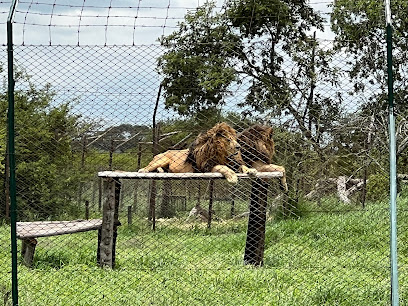
Gweru Military Museum
Discover the Gweru Military Museum, a captivating attraction showcasing Zimbabwe's military history through diverse artifacts and engaging exhibits.
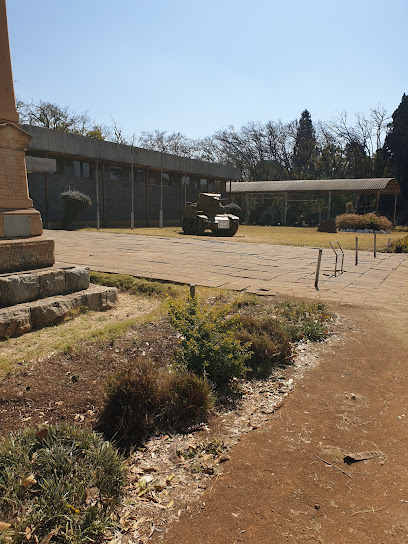
Little Eden Gardens
Explore the tranquil beauty of Little Eden Gardens, a serene escape in Gweru filled with vibrant flora and peaceful surroundings.

Mtapa Civic hall
Experience the heart of Gweru at Mtapa Civic Hall, a vibrant cultural hub showcasing Zimbabwe's rich heritage and community spirit.

St Theresa Cathedral
Discover the serene beauty and architectural elegance of St. Theresa Cathedral in Gweru, a must-visit Christian church reflecting Zimbabwe's rich cultural heritage.

Josiah’s House
Discover the breathtaking trails and vibrant wildlife of Josiah's House, a stunning hiking area in Gweru, Zimbabwe, perfect for nature enthusiasts.

Happy Valley Farm
Explore Happy Valley Farm in Gweru – a serene park perfect for picnics, nature walks, and family outings amidst Zimbabwe's beautiful landscapes.

Kayla pool
Explore the breathtaking landscapes and serene waters of Kayla Pool, a hidden hiking gem in Gweru, Zimbabwe, perfect for nature lovers.

Essential places to dine
Chicken Slice, Gweru, CBD
Discover Chicken Slice in Gweru's CBD - where crispy chicken meets vibrant local culture in an inviting fast-food setting.
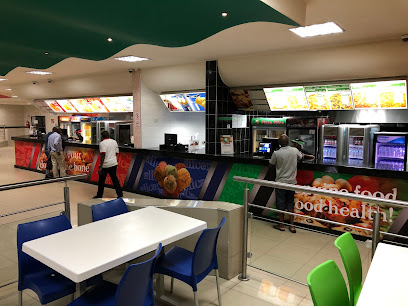
Chicken Inn Gweru Rhodes/CBD
Experience the best fried chicken in Gweru at Chicken Inn - perfect for travelers seeking delicious fast food.
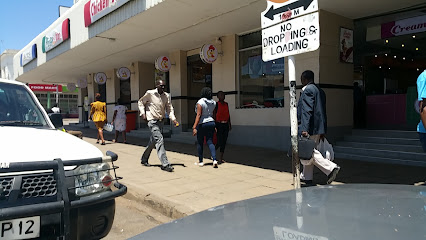
Nando's Gweru
Savor the flavors of Portugal at Nando's Gweru with mouthwatering peri-peri chicken and delightful dishes for everyone.
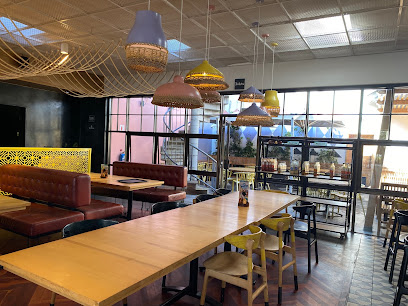
Steers
Discover the best hamburgers in Gweru at Steers - where fast food meets local flavor in a vibrant setting.
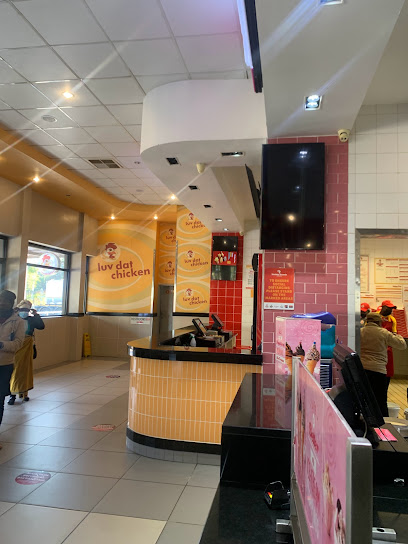
The Village Lodge
Discover delicious local cuisine and comfortable accommodations at The Village Lodge in Gweru – perfect for every traveler.
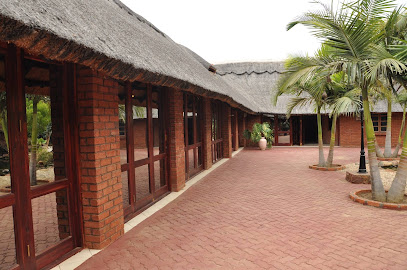
Chicken Inn Gweru Clonsilla
Experience the irresistible taste of fried chicken at Chicken Inn Gweru - where flavor meets convenience in every bite.
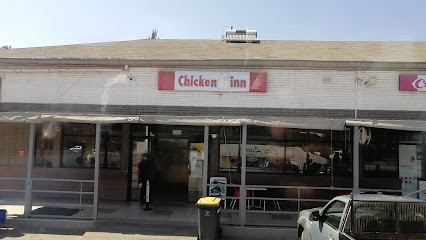
The Suburban Village
Discover the flavors of Zimbabwe at The Suburban Village - where great food meets warm hospitality in Gweru.
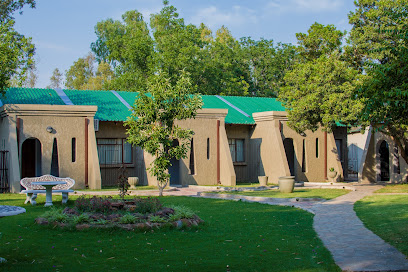
KFC Gweru
Discover KFC Gweru: Enjoy iconic fried chicken and fast food favorites in the heart of Zimbabwe's vibrant city.
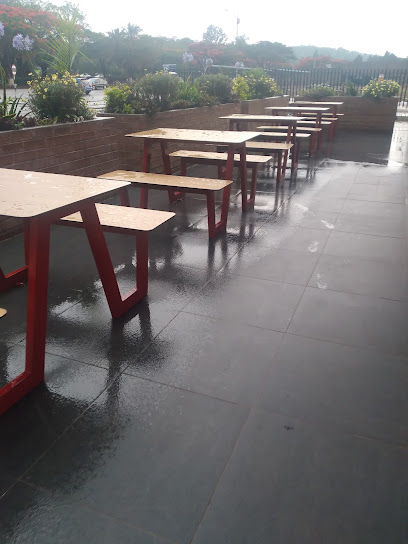
Milan Family Restaurant
Experience delicious cuisine at Milan Family Restaurant in Gweru—where every meal feels like home.
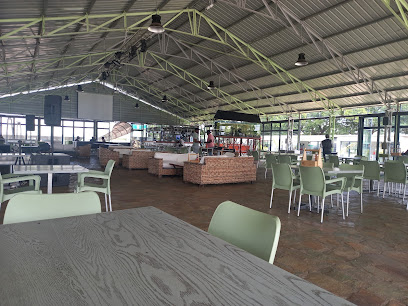
Eat n Lick Gweru
Experience the vibrant flavors of Zimbabwe at Eat n Lick Gweru - your go-to fast food destination for delicious meals!
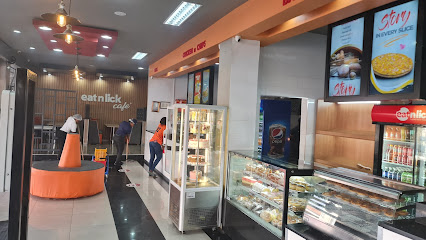
China DH
Experience authentic Chinese cuisine at China DH in Gweru - where every dish tells a story.
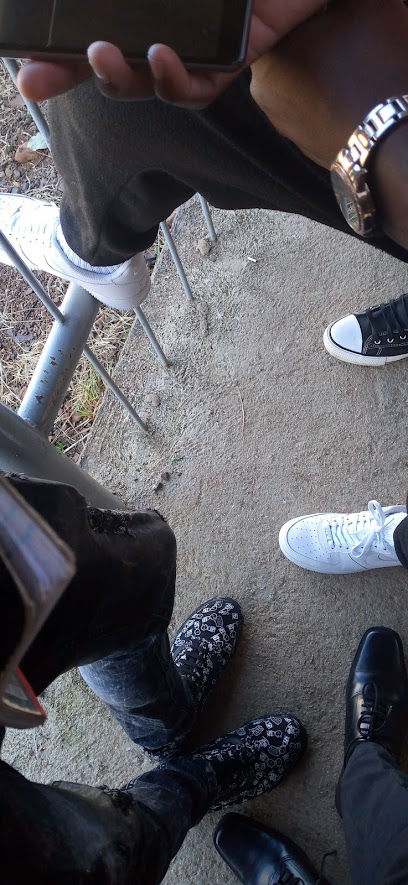
Cornilia
Experience the essence of Zimbabwean cuisine at Cornilia in Gweru – where flavor meets tradition in a warm and inviting atmosphere.
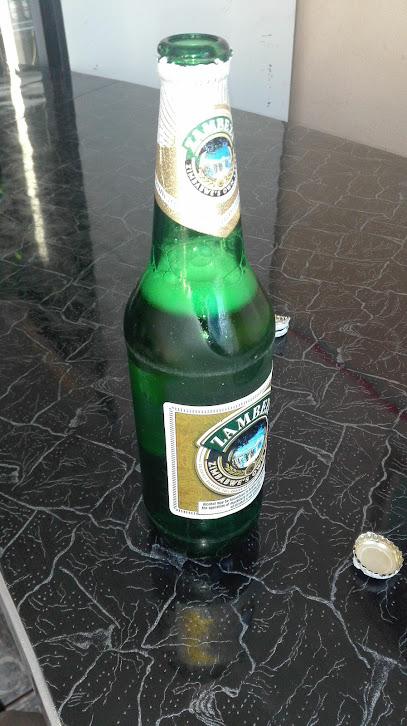
LesVigo Restaurant - Gweru
Discover the vibrant flavors of Zimbabwe at LesVigo Restaurant in Gweru, where local cuisine meets global tastes.
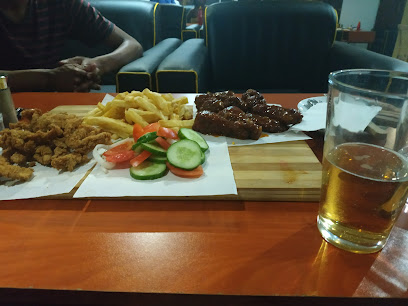
MSU Main DH
Experience authentic local cuisine at MSU Main DH, where affordability meets flavor in a welcoming atmosphere.

The Black Pearl Cafe' Zw
Discover family-friendly dining at The Black Pearl Cafe in Gweru – where delicious food meets a warm atmosphere.
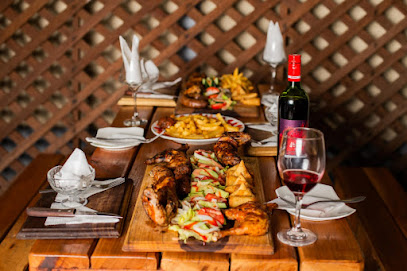
Markets, malls and hidden boutiques
OK Supermarket
Visit OK Supermarket in Gweru for a unique shopping experience filled with local flavors and a wide variety of products.
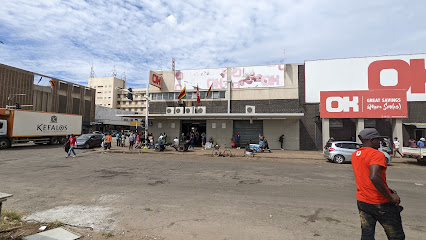
OK Mart Gweru
Explore the vibrant shopping experience at OK Mart in Gweru, your go-to supermarket for local flavors and essentials while in Zimbabwe.
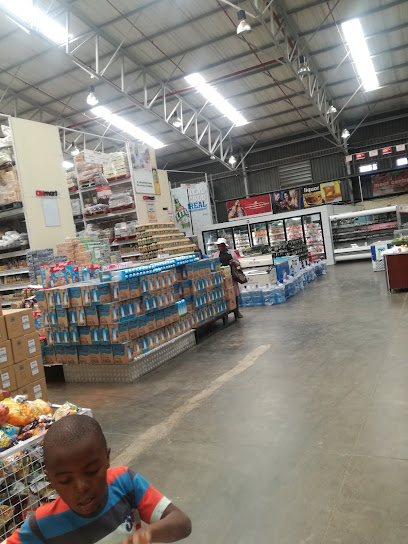
Moonlight Building
Discover the lively atmosphere of Moonlight Building, Gweru's top shopping mall with a diverse mix of shops and dining options.
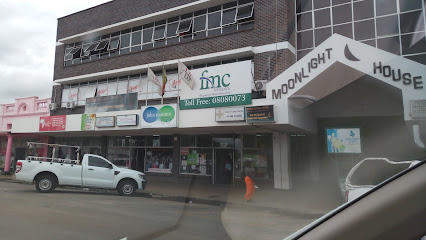
Edgars
Discover the latest in fashion at Edgars Gweru, where style meets affordability for all ages.
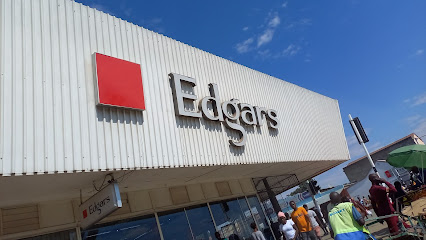
Fashion Centre Gweru
Explore the vibrant fashion scene at Fashion Centre Gweru, where local flair meets diverse clothing styles for every occasion.
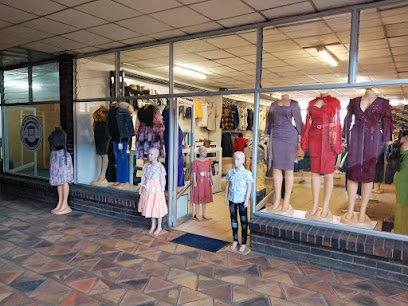
Mkoba 6
Discover the vibrant shopping and cultural experiences at Mkoba 6 Shopping Centre in Gweru, a must-visit for every traveler.
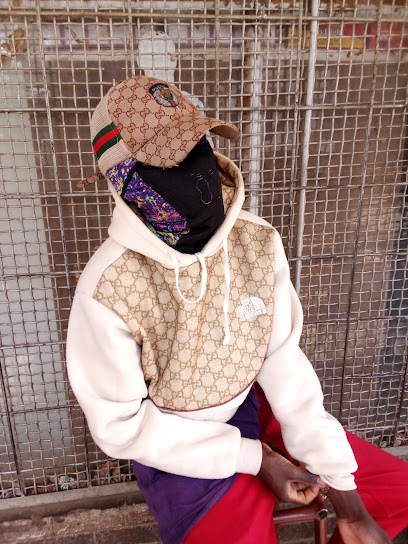
Teecherz Furnitures
Discover unique and handcrafted furniture at Teecherz Furnitures in Gweru, a blend of modern style and traditional craftsmanship.
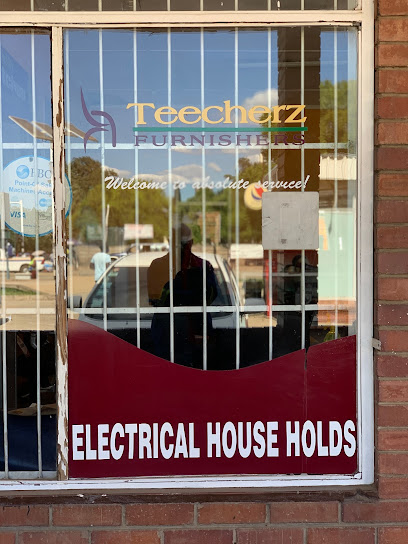
The Shisha Shop Gweru
Discover the vibrant atmosphere of The Shisha Shop in Gweru, where authentic flavors and a welcoming ambiance create a unique cultural experience.

Avon Cosmetics Zimbabwe
Explore Avon Cosmetics Zimbabwe for exceptional beauty products, expert guidance, and an unforgettable shopping experience in Gweru.

ZUMIA
Discover the heart of local culture at ZUMIA, where unique craftsmanship meets a delightful shopping experience in the vibrant community.

HERTFORDSHIRE PHASE 1 SHOPPING CENTER
Explore the vibrant offerings of Hertfordshire Phase 1 Shopping Center in Gweru, your go-to destination for local groceries and a taste of community.

Phrasia 917
Explore unique fashion finds at Phrasia 917 in Gweru, a vibrant clothing store showcasing local culture and contemporary styles.

Design Emporium
Explore the vibrant fashion scene at Design Emporium in Gweru, where local craftsmanship meets contemporary style for a unique shopping experience.
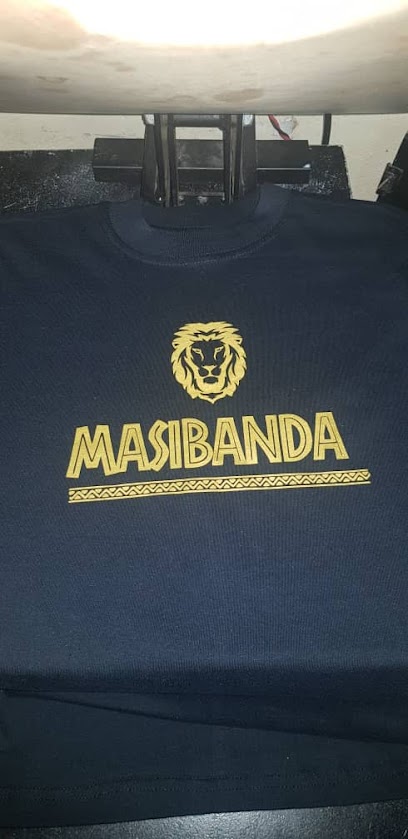
FAMILY FASHIONZ QLASIK
Explore the exquisite jewelry collection at FAMILY FASHIONZ QLASIK in Gweru, where tradition meets elegance in every piece.
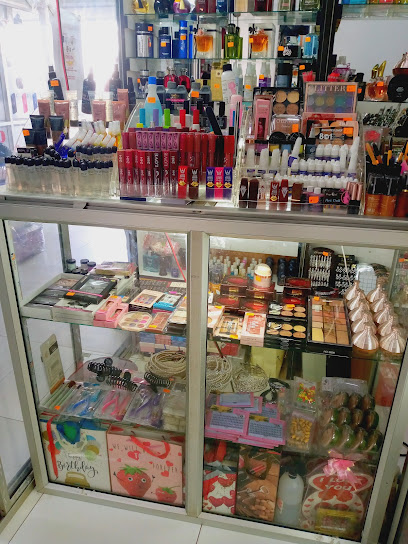
SHO ZIMBABWE
Discover unique appliances and stylish writing instruments at SHO Zimbabwe in Gweru, blending functionality with local craftsmanship.
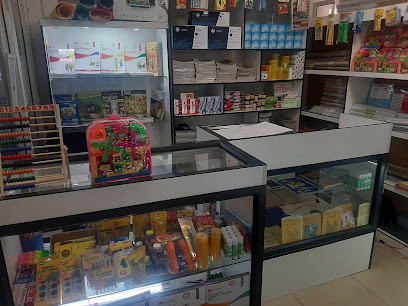
Essential bars & hidden hideouts
Milan Family Restaurant
Discover the heart of Gweru's dining scene at Milan Family Restaurant, where traditional flavors meet modern culinary delights in a family-friendly atmosphere.
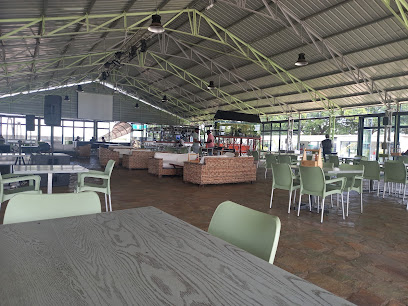
Club Excite
Discover the lively nightlife at Club Excite in Gweru, where great drinks and vibrant atmosphere meet local culture.
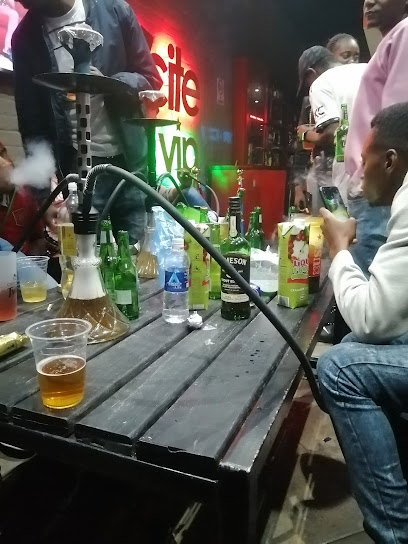
LesVigo Restaurant - Gweru
Discover the taste of Zimbabwe at LesVigo Restaurant in Gweru, where local flavors meet culinary excellence in a warm and inviting atmosphere.
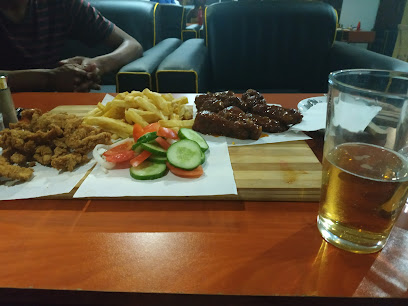
Bowling Club
Join the excitement at Gweru's Bowling Club – where fun, food, and nightlife come together for an unforgettable experience.
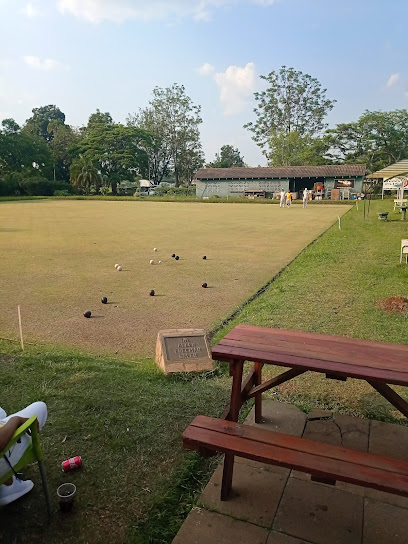
The Black Pearl Cafe' Zw
Experience family-friendly dining at The Black Pearl Cafe in Gweru, where delicious food meets a warm, welcoming atmosphere for all ages.
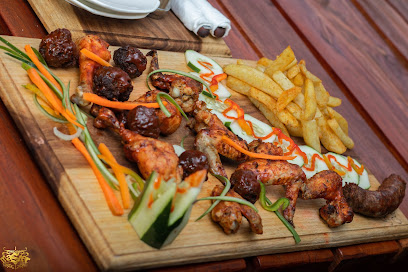
GG bar
Experience the vibrant nightlife and local flavors at GG Bar in Gweru - a budget-friendly hotspot for tourists and locals alike.

Monomotapa Beer Hall
Discover Monomotapa Beer Hall, the vibrant bar in Gweru offering a taste of local culture, drinks, and entertainment in a welcoming atmosphere.
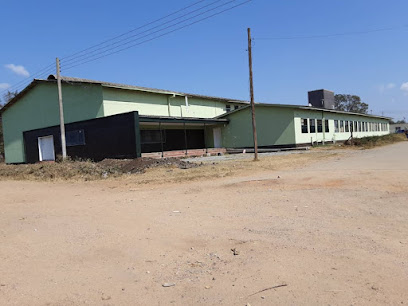
Railton Sport Club
Join the excitement at Railton Sport Club, Gweru's premier sports bar for live sports, great food, and an inviting atmosphere.
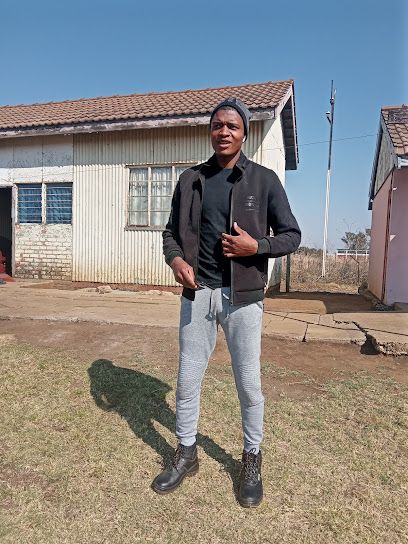
Zaire Cork tail Bar
Experience the vibrant local culture at Zaire Cork Tail Bar, a must-visit beer hall in Mkoba Twp, where great drinks and live music await.
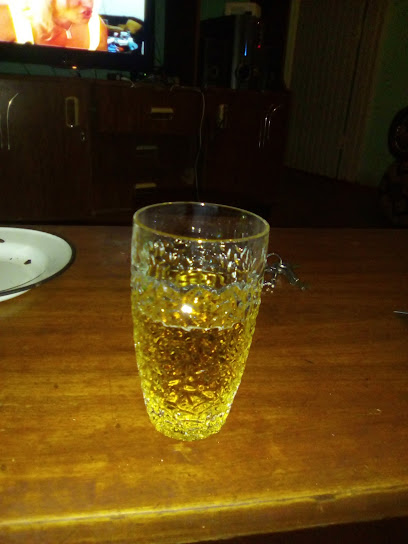
senga bar
Experience the vibrant spirit of Senga Township at Senga Bar, where good drinks and great company come together in a lively atmosphere.
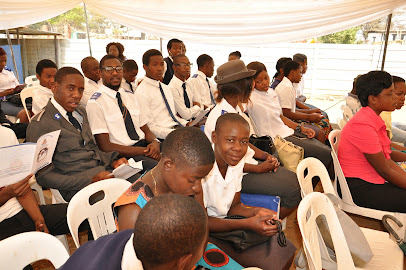
BESL The Legion Club
Discover the vibrant nightlife at BESL The Legion Club, a must-visit bar in Gweru, Zimbabwe, blending local charm with a lively atmosphere.
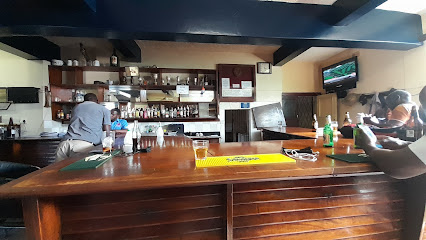
The Bradley Experience
Experience the best of Zimbabwean barbecue at The Bradley Experience in Gweru, where flavor meets tradition in a lively atmosphere.
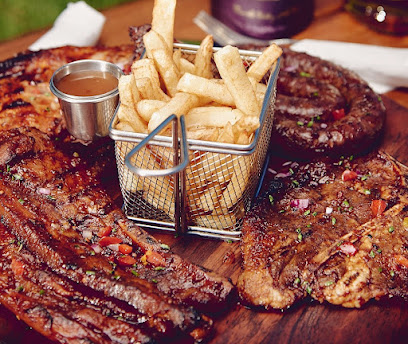
Savanna Bar
Experience the vibrant atmosphere and local flavors at Savanna Bar in Gweru, a perfect retreat for tourists seeking relaxation and connection.

Mufaro Beer Garden
Discover the lively Mufaro Beer Garden in Gweru, where local brews meet vibrant atmosphere and delicious Zimbabwean cuisine.

Givans Bottle Store
Discover the heart of Gweru's nightlife at Givans Bottle Store, where local flavors and vibrant atmosphere come together.

Local Phrases
-
- HelloMhoro
[M-ho-ro] - GoodbyeKwaheri
[Kwa-he-ri] - YesEhe
[E-he] - NoAye
[A-ye] - Please/You're welcomeNdapota
[N-da-po-ta] - Thank youNdinotenda
[N-di-no-ten-da] - Excuse me/SorrySamaita
[Sa-ma-i-ta] - How are you?Uri sei?
[U-ri-sei] - Fine. And you?Ndiripo. Kana wakakwana?
[N-di-ri-po. Ka-na wa-ka-kwa-na?] - Do you speak English?Wakarukwata Mureza here?
[Wa-ka-ruk-wa-ta Mu-re-za he-re?] - I don't understandHandina kugara nemi
[Han-di-na ku-ga-ra ne-mi]
- HelloMhoro
-
- I'd like to see the menu, pleaseNdine mavara, ndapota
[N-di-ne ma-va-ra, n-da-po-ta] - I don't eat meatHandichadya nyama
[Han-di-cha-dya nya-ma] - Cheers!Kugonera!
[Ku-go-ne-ra] - I would like to pay, pleaseNdiri kuda ku-bhadhara, ndapota
[N-di-ri ku-da ku-bha-dha-ra, n-da-po-ta]
- I'd like to see the menu, pleaseNdine mavara, ndapota
-
- Help!Vhura!
[Vhu-ra] - Go away!Tora zvako!
[To-ra zva-ko] - Call the Police!Bvisa vanhu vatungamiri!
[Bvi-sa va-nhu va-tu-nga-miri] - Call a doctor!Bvisa dokita!
[Bvi-sa do-ki-ta] - I'm lostNdiri kudzoka
[N-di-ri ku-dzo-ka] - I'm illNdiri kurwara
[N-di-ri ku-rwa-ra]
- Help!Vhura!
-
- I'd like to buy...Ndine kuda kugadzira...
[N-di-ne ku-da ku-gad-zi-ra...] - I'm just lookingNdiri kutsvaga chikafu
[N-di-ri kut-sva-ga chi-ka-fu] - How much is it?Zvinoita mari here?
[Zvi-noi-ta ma-ri he-re?] - That's too expensiveIyo yakagara yakawanda
[I-yo ya-ka-ga-ra ya-ka-wan-da] - Can you lower the price?Munozoramba mari here?
[Mu-no-zo-ram-ba ma-ri he-re?]
- I'd like to buy...Ndine kuda kugadzira...
-
- What time is it?Saa mangwana here?
[Sa-a mang-wa-na he-re?] - It's one o'clockSaa yekutanga
[Sa-a ye-ku-ta-nga] - Half past (10)Pakati paka... (masa 10)
[Pa-ka-ti pa-ka... (ma-sa 10)] - MorningMangwana
[Mang-wa-na] - AfternoonMakuseni
[Ma-ku-se-ni] - EveningMazvita
[Ma-zvi-ta] - YesterdayNezuva rakare
[Ne-zu-va ra-ka-re] - TodayNhasi
[N-ha-si] - TomorrowMangwana
[Mang-wa-na] - 1Pamusoro
[Pa-mu-so-ro] - 2Pamuna
[Pa-mu-na] - 3Pashanu
[Pa-sha-nu] - 4Pachinhi
[Pa-chi-nhi] - 5Pachinonono
[Pa-chi-no-no-no] - 6Pachigumi
[Pa-chi-gu-mi] - 7Pachidhombi
[Pa-chi-dhom-bi] - 8Pachisere
[Pa-chi-se-re] - 9Pachiriku
[Pa-chi-ri-ku] - 10Pachikumi
[Pa-chi-ku-mi]
- What time is it?Saa mangwana here?
-
- Where's a/the...?Ipapo...?
[I-pa-po...?] - What's the address?Adrese yacho ndiani?
[A-dre-se ya-cho n-di-a-ni?] - Can you show me (on the map)?Munoziva kundipa basa (pamap)?
[Mu-no-zi-va kun-di-pa ba-sa (pa-map)?] - When's the next (bus)?Mazuva ekare (bhasi) iyi?
[Ma-zu-va e-ka-re (bha-si) i-yi?] - A ticket (to ....)Chitiketi (kuna ....)
[Chi-ti-ke-ti (ku-na ....)]
- Where's a/the...?Ipapo...?
History of Gweru
-
Long before the establishment of modern Gweru, the area was inhabited by the Shona people, who left behind a rich legacy of archaeological sites. These early settlers were known for their stone masonry skills, as evident from remnants of stone walls and ancient ruins scattered around the region.
-
Gweru, originally named Gwelo, was founded in 1894 by Dr. Leander Starr Jameson during the colonial expansion of the British South Africa Company. It served as a military outpost and was strategically situated along the railway line connecting Bulawayo and Harare, facilitating trade and movement.
-
The construction of the railway in the early 20th century transformed Gweru into a bustling transport hub. This development attracted a diverse population, including European settlers, Indian traders, and African laborers, which contributed to the town's multicultural fabric.
-
During World War II, Gweru played a significant role as a training ground for Rhodesian Air Force pilots. The Thornhill Air Base, established in 1941, became a critical site for the Allied forces. The base remains operational today and is a testament to Gweru's contribution to global military efforts.
-
Following Zimbabwe's independence in 1980, Gweru experienced rapid development. The city became an educational center with the establishment of Midlands State University in 2000. Additionally, Gweru's industrial sector expanded, making it a key economic player in the Midlands Province.
-
Gweru's cultural landscape is a vibrant mix of traditions and modern influences. The city hosts numerous cultural festivals, including the annual Midlands Arts and Cultural Festival, which showcases local music, dance, and crafts. The Nalatale Ruins, located nearby, offer a glimpse into the region's pre-colonial heritage.
-
Gweru is surrounded by natural beauty, including the Antelope Park, known for its lion conservation efforts and wildlife safaris. The Boterekwa Escarpment offers stunning views and hiking opportunities, while the Gweru River provides a serene environment for picnics and relaxation.
Gweru Essentials
-
Gweru is centrally located in Zimbabwe and can be accessed via multiple modes of transport. The nearest international airport is Robert Gabriel Mugabe International Airport in Harare, approximately 275 kilometers away. From Harare, you can take a bus, hire a taxi, or rent a car to Gweru. Alternatively, the National Railways of Zimbabwe operates trains that connect Harare to Gweru, offering a scenic and relaxed journey.
-
Within Gweru, taxis are a common mode of transport and can be hailed on the street or by phone. Local minibuses, known as 'kombis', are an affordable option for short distances, though they can be crowded. For a more flexible option, car rentals are available in Gweru, enabling you to explore the surrounding areas at your leisure. Walking is also a feasible option for exploring the city center.
-
The official currency in Zimbabwe is the Zimbabwean Dollar (ZWL), though US Dollars (USD) are commonly accepted. Credit and debit cards are accepted in most hotels, restaurants, and larger stores, but it is advisable to carry cash for small purchases and in rural areas. ATMs are available but may sometimes be out of service, so having some cash on hand is prudent.
-
Gweru is generally safe for tourists, but it is important to take standard precautions. Avoid walking alone at night, especially in unfamiliar areas. High-crime areas targeting tourists include the townships and certain parts of the city center after dark. Keep your belongings secure and be cautious in crowded places. Always use registered taxis and avoid unmarked vehicles.
-
In case of emergency, dial 999 for police assistance, 994 for fire services, and 995 for medical emergencies. Gweru Provincial Hospital is the main medical facility in the area. It is advisable to have comprehensive travel insurance that covers medical emergencies. For less urgent health issues, pharmacies are available throughout the city.
-
Fashion: Do dress modestly, especially when visiting religious or traditional sites. Avoid wearing very revealing clothing. Religion: Do respect local customs and traditions. Always remove your shoes when entering a home or religious site. Public Transport: Do respect personal space and offer your seat to elderly passengers. Don’t eat or drink on public transport. Greetings: Do greet people with a handshake and maintain eye contact. It is polite to greet elders first. Eating & Drinking: Do try local dishes and accept food offerings graciously. Don’t refuse hospitality, as it may be considered impolite.
-
To experience Gweru like a local, visit the local markets such as Kudzanayi Market, where you can buy fresh produce and traditional Zimbabwean goods. Engage with locals, as they are often friendly and willing to share stories about the city’s history and culture. Don’t miss visiting Antelope Park, a wildlife reserve offering unique experiences such as lion walks and elephant rides. Another must-see is the Boggie Clock Tower, a historic landmark in the city center.
Trending Landmark in Gweru
Nearby Cities to Gweru
-
Things To Do in Masvingo
-
Things To Do in Harare
-
Things To Do in Chinhoyi
-
Things To Do in Mutare
-
Things To Do in Francistown
-
Things To Do in Nyanga
-
Things To Do in Kariba
-
Things To Do in Selebi-Phikwe
-
Things To Do in Hwange
-
Things To Do in Palapye
-
Things To Do in Victoria Falls
-
Things To Do in Livingstone
-
Things To Do in Serowe
-
Things To Do in Lusaka
-
Things To Do in Polokwane







